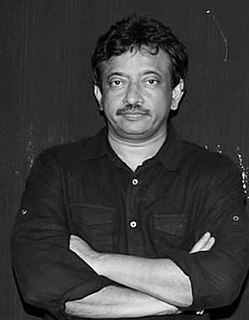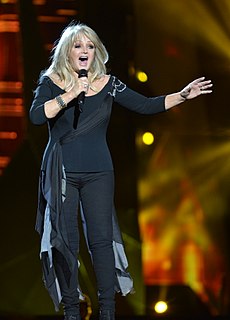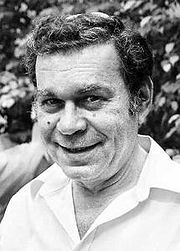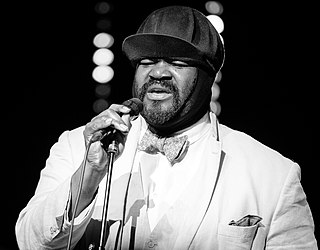A Quote by Robert Christgau
If rock criticism is to be a political calling, which has always been my angle, that's obviously not because it's a fountainhead of protest songs.
Related Quotes
I write almost all my songs on an acoustic guitar, even if they turn into rock songs, hard rock songs, metal songs, heavy metal songs, really heavy songs I love writing on an acoustic because I can hear what every string is doing; the vibrations haven't been combined in a collision of distortion or effects yet.
I write almost all my songs on an acoustic guitar, even if they turn into rock songs, hard rock songs, metal songs, heavy metal songs, really heavy songs... I love writing on an acoustic because I can hear what every string is doing; the vibrations haven't been combined in a collision of distortion or effects yet.
People are more interested in reading bombastic ideas, whether they're positive or negative. Part of me has sort of lost interest in doing criticism because of that. I've always realized that criticism is basically autobiography. Obviously in my criticism, it's very clear that it's autobiography, but I think it's that way for everybody.
I started just concentrating on songwriting when I was abut 20; I'd been in rock bands six or seven years, kinda got that out of my system, I said, "ok, you ain't gonna be a rock star, you don't look like a rock star, it probably ain't gonna happen. So what you should do is write songs and maybe other people will do your songs."
You gotta deal with a lot of people, the naysayers... but I've always been the guy who kinda just smiles and laughs at it. I use it as constructive criticism to be honest. Whether they're intentionally trying to be kind of spiteful or not, it's constructive criticism because you can't say there's always truth to it but there's definitely something.































